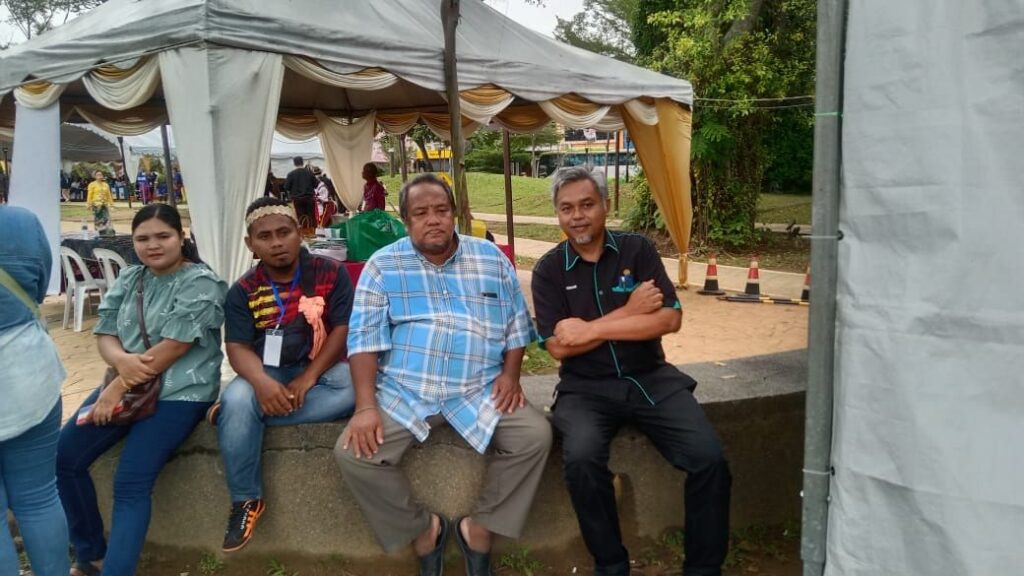Indigenous Initiatives at CFS — Overview
This empowering initiatives seeks to enhance the livelihood of its rich cultural heritage of Orang Asli in Malaysia.

The revitalized the dynamic culture of Orang Asli
With meticulous attention to detail and a commitment to excellence, we create initiatives that inspire.
The key initiatives is on improving the education of Orang Asli Community in Malaysia. This involves continuous program throughout the year to engage the community there.
The rich cultural heritage of the orang asli is the key factor in empowering their community.
Without the past there will be no future.

1. Through empowerment we seek community transformation.
Let’s explore some empowering initiatives for indigenous communities in Malaysia:
- Orang Asli Education Project:
- The Orang Asli Education Project focuses on supporting the education of the Jahai, one of the Orang Asli (OA) ethnic groups.
- The term “Orang Asli” translates to “original people” in Malay and collectively refers to the indigenous sub-ethnic groups in Malaysia predating Malay settlement.
- These indigenous communities have their own distinct knowledge systems, language, beliefs, and customs. Their connection to land is integral to their survival, rooted in traditional values.
- Despite cultural differences, all Orang Asli groups share common struggles: lack of political representation, poverty, limited access to health and education, and discrimination.
- The Jahai, among the poorest indigenous populations, were resettled by the Malaysian government in 1972. However, schools in these settlements faced challenges in meeting the needs of Jahai students.
- A pilot project was proposed to address these challenges, emphasizing the transition from primary to secondary school. The goal was to reduce student attrition rates and empower Jahai students1.
- Rights of Indigenous Peoples in Malaysia:
- Malaysia voted in favor of adopting the UN Declaration on the Rights of Indigenous Peoples (UNDRIP) in 2007. However, indigenous communities across Malaysia continue to face rights violations.
- These violations include:
- Lack of recognition of ancestral and customary lands.
- Limited access to education.
- Restrictions on freedom of religion and expression2.
- Orang Asli:
- As of 2017, indigenous peoples in Malaysia (collectively known as Orang Asal) accounted for approximately 13.8% of the national population.
- The Orang Asli are the indigenous peoples of Peninsular Malaysia, each with their unique cultural heritage and struggles for recognition, land use, and rights protection3.
These initiatives aim to bridge gaps, promote equity, and empower indigenous communities in Malaysia. 🌿🌏
2. Case studies that celebrate the artistry can fuel curiosity and ignite inspiration.


